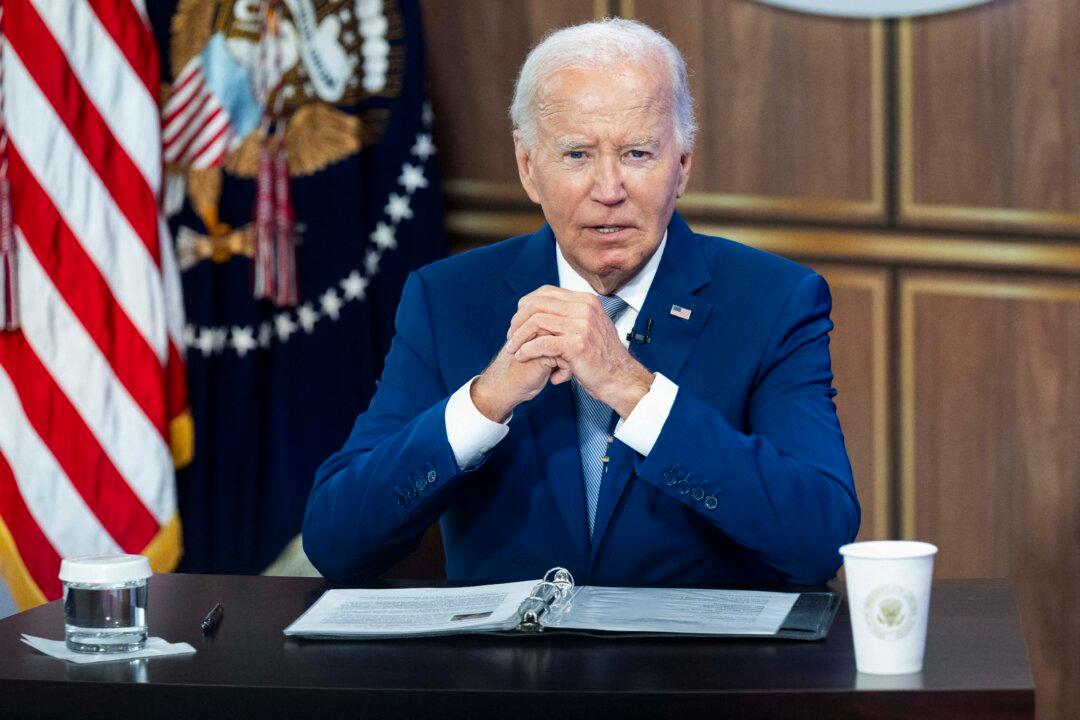A federal judge in Georgia has temporarily blocked the Biden administration from implementing its latest plan to bring widespread federal student loan cancellation for up to 30 million borrowers.
The 14-day restraining order was handed down Sept. 5, two days after a coalition of seven Republican-led states preemptively sued to stop the plan, claiming that the federal government is “unlawfully trying to mass cancel hundreds of billions of dollars of loans” and planning to do so by Sept. 7.





